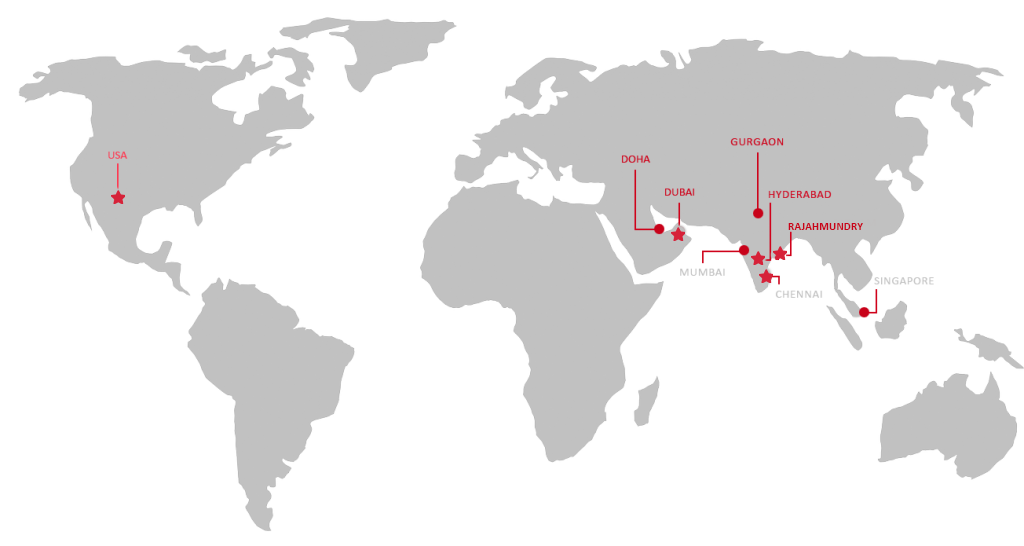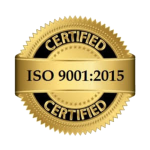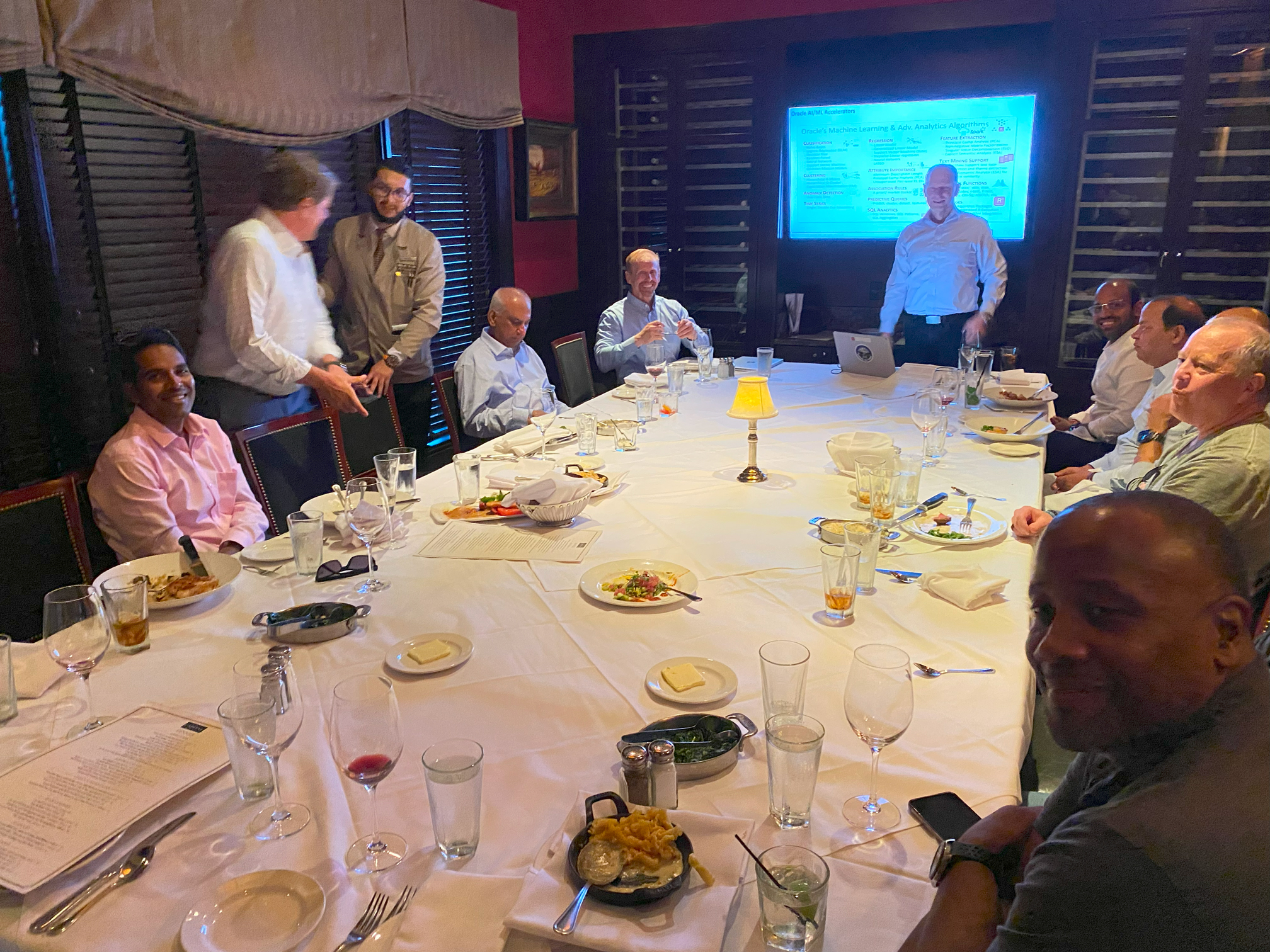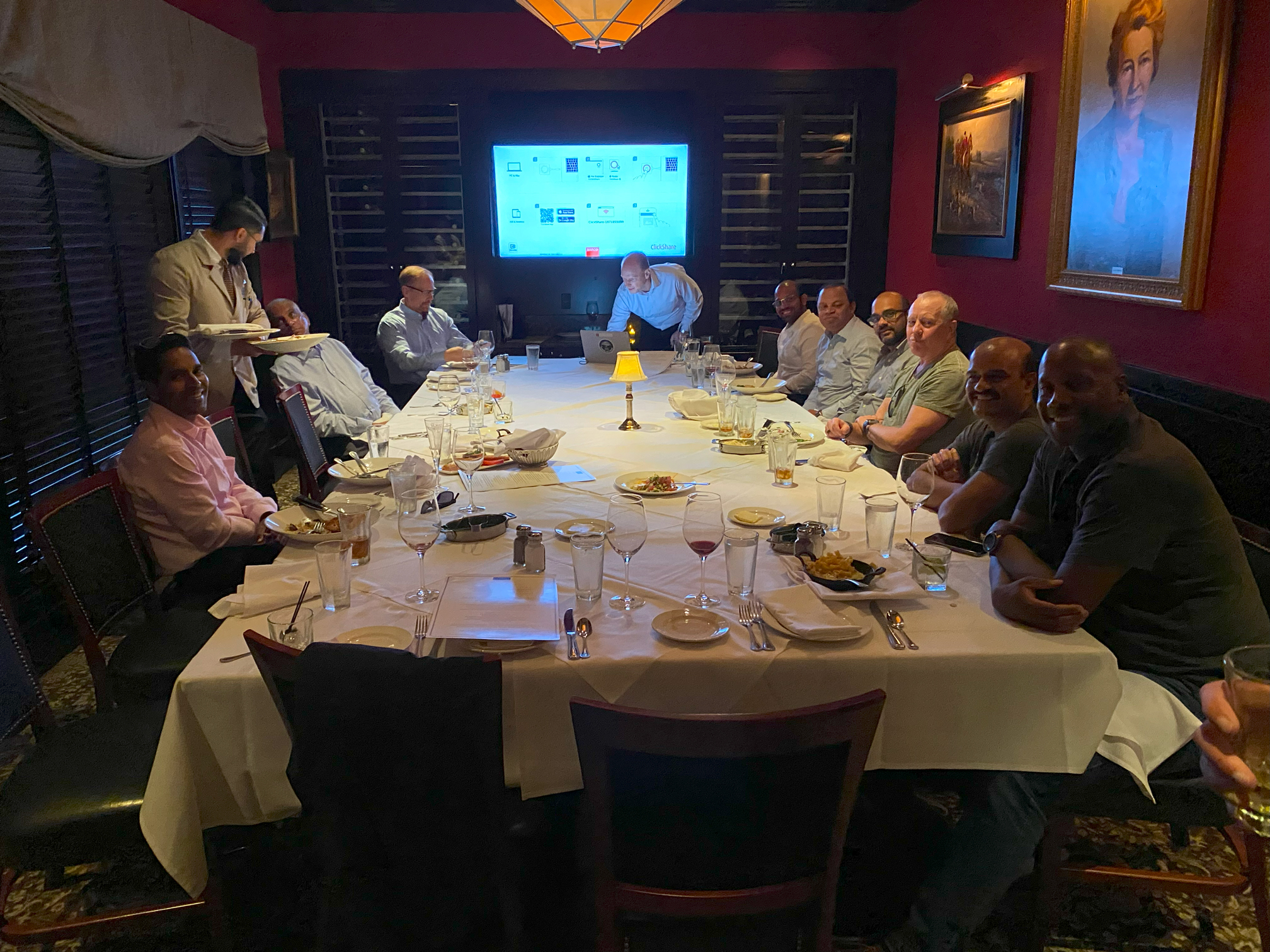The reign of Human Capital Management (HCM) platforms in every industry manages 360-degree HR processes effectively. All the HR activities such as new hires, payroll management, coaching and training employees, and HR analytics for capturing employee sentiment are handled by HCM suites. Oracle HCM is amongst the best rated platforms, including a leader in the Gartner Magic Quadrant.
Coming to how Oracle HCM delivers significant value to HR department, here are a few aspects that makes it a go-to solution for enterprises:
- It’s a user-friendly dashboard that enriches employee experience. Through this interactive dashboard, employees can access learning resources, track their leaves, and view their work permits, visas, and payroll information.
- A complete suite that has an admin dashboard where HR operators can answer employee queries at scale, resolve tickets, onboard new hires without any hassles, and display employee benefits provided by the management.
- Enabling workforce management modules help in managing employee leaves on a large scale, lock the no. of working hours depending on the employee type, and set reminders for employees to follow health and safety rules.
- One can manage payrolls of consultants, employees, and contractors in their respective currencies thereby eliminating compliance risks.
- A top-most suite known for its flexibility and scalability when compared to other HR solutions.
Oracle HCM Adoption Challenges
However, implementing Oracle HCM is never an even-tempered task for enterprises. There are a few challenges to be addressed when chewing over Oracle HCM strategy:
HCM data migration
The 360-degree HCM suite is a nucleus of the company’s HR operations. The reason is, it holds the data related to employee count, respective payrolls, leaves, compensations, bonuses, training resources, etc. One of the key challenges is to deal with vast volumes of such data in conjunction to migrating the data from on-premises. This makes the job bedrock as direct integration is nearly impossible.
Also, there can be depriving scenarios as one may end up with cryptic error messages, mismatches in data fields, and other technical and non-technical complexities. This is where in-house team strike their brains hard but the maze remains unsolved.
The way out is to hold the best practitioner and who owns credibility in successful migration or implementation of HCM suite across the enterprise. INFOLOB is a world-class Oracle practice partner and Cloud Solutions Provider Expert in helping companies to roll the ball to success. Our technicians clean up your data before migration and take care of Oracle deployment.
Employee Training & Onboarding
After keeping Oracle HCM environment ready, we involve your HR teams to become masters of the platform and train them to fix non-technical issues as well. We provide a stack of Oracle training resources for HR operators where the resources clearly guide them through implementation and configuration of HCM modules. One more advantage is we rely on inbuilt Digital Adoption Platform (DAP) to integrate HCM rather than depending on other third-party platforms.
All-time support
Although the environment setup is complete, there may be instances where employees and HR operators encounter issues frequently. INFOLOB walks you through the step-by-step procedure until HCM is deployed and well-balanced atop of your infrastructure.
Compatibility Issues with Existing Platforms
Most companies are still practicing “old-school” models in various functional units and HR operations is never surprising. These old practices including data management rituals and processes are resisting the change towards new paradigm shift.
But, when top-level directorship is involved to adjust workloads and foresee the possibilities for migration, then the Oracle HCM platform can become a tiptop platform while serving its purpose at its best.
9 Best Practices of Oracle HCM: Roadmap for Successful Implementation
Whatever the implementation and adoption challenges can be, we build a customized roadmap for enterprises and ensure the following best practices for a successful implementation of HCM suite:
1. Get Green Flag from HR & Leadership Teams
A major challenge most HR teams struggle with is budget allocation to the new platform, data migration, or investment into employee coaching. But before jumping into the buying process, consider the following:
- Give a clear picture to leadership teams about why Oracle HCM adds more value than other HR platforms
- Though the pricing model varies depending on the company’s size, your enterprise gains higher ROI
- A spike in productivity can be observed among HR teams as most of Oracle HCM features are automated
2. Defining Job Structures & Accountability
Implementation of software across entire enterprise is an intense and heavy-going challenge due to successful deployment exceeds beyond months or years. It’s always recommended to involve key stakeholders and employees for setting up environment for Oracle HCM. In addition, it must also address your HR and organizational needs.
Oracle HCM implementation isn’t a single-person job. Each element must be assigned to a stakeholder, provide them resources needed, and make them accountable for flawless deployment.
3. Aligning with Business Objectives
According to McKinsey’s report, 70% of digital transformations remain unsuccessful, primarily because of most projects exceed their targets, making companies miss on their yearly goals and run into losses. The primary reason is being that these enterprises side hustle with digital transformation rather than embedding it into their strategies. As a result, resources go in vain because they face hardships in determining success through a such huge transformation.
So, it’s a commendable practice where you can foster success when Oracle HCM is included in your strategic goals.
4. Shooting an Onboarding & Training Plan
Adapting and understanding Oracle HCM features in-depth by HR personnel is never an easy-going task. Watching videos or hosting webinars will not solve the equation. A well-defined training plan is needed for:
- Becoming proficient in understanding all the features of Oracle HCM and manage access based on the HR roles and responsibilities. The team at INFOLOB walk down and help you to navigate through every module of HCM.
- Upskilling the teams via oncourse training, virtual resources, courses, and webinars.
- Navigating through the library of self-help resources, product documents, FAQs, and other explainer videos who can access all these on-demand.
- Assisting your organization on Oracle HCM as your needs grow.
5. Allocation of IT Resources
Our engineering teams utilize your resources efficiently by determining scope and analyzing the existing resources. This helps us to quickly draw out a plan for successful implementation.
6. Backup and Migration
IT enterprises rely mostly on data and when technology is becoming a game-changer, data is at risk with outages and breaches. One root cause being an entry point for cyber attackers and the other root cause being human errors, hardware washouts, or presence of malware, especially when migrated from on-premises to Oracle HCM.
Shifting from on-premises subjects the enterprise into risks of losing crucial data and many other showstopping scenarios delay the migration. If at all Oracle migration needs smooth transition from on-premises, then data backup is the forefront challenge.
As scenarios seem to affect organization’s credibility, INFOLOB brings experts to design your migration process by promising flawless implementation without loss of any data.
7. Considering Integrations
Oracle HCM supports a diverse set of integrations with hundreds of databases and SaaS applications. These are designed to help enterprises to connect with rest of the software stack such as customer support platforms, payment windows, and enterprise CRMs. If integrations remain unsupportive, a lot of customizations are available with database adapters, Oracle REST APIs, and other messaging adapters such as Apache Kafka.
8. Forecast & Measure ROI using Data
Every enterprise will project ROI when a new infrastructure is being deployed and at every stage of Oracle HCM implementation, data will help to build models. These models will allow you to include Oracle HCM in your day-to-day workflows and enable you to project ROI after successful deployment.
9. Testing Phase to Enterprise-wide Deployment
Plan for internal beta version to make employees and HR departments understand about the Oracle HCM suite. Once they adopt to new features and find issues, customize the platform to function at its best. Believe it as a feedback loop to test the new platform, optimize it to function as per your needs, and repeat the process until the environment is stable so that you can go for enterprise-wide deployment.
INFOLOB’s Approach to Oracle HCM Adoption & Success Delivery
INFOLOB establishes a clear roadmap for you by fostering a culture of belonging with Oracle HCM. We are experts by proven industry experience, award-winners by customer success delivery, and digital transformation partners by choice. Our other accolades include being the first Oracle Partner to implement Oracle Recruit Cloud in the K12 industry as well as being the go-to-partner for all HCM implementation in the USA. INFOLOB spreads its wings in designing, implementing, rolling out, and driving the Oracle HCM adoption where enterprises can:
- Reduce their costs with Oracle cloud adoption
- Minimize downtime caused due to other HCM applications
- Handle technical issues by collaborating with our engineering teams
- Continuously optimize and increase their ROI with single cloud solution
Our implementation methodology and implementation tracks bring excellence and drive greater business outcomes for you. We focus on creating value for you on top of successful implementation and delivery.
So, to bring the high levels of productivity and advance your HR processes, Oracle HCM is an enterprise solution that Infolob offers being the Oracle’s Platinum Partner in Cloud Standard.
For all cloud HCM adoption and management, please write to:





